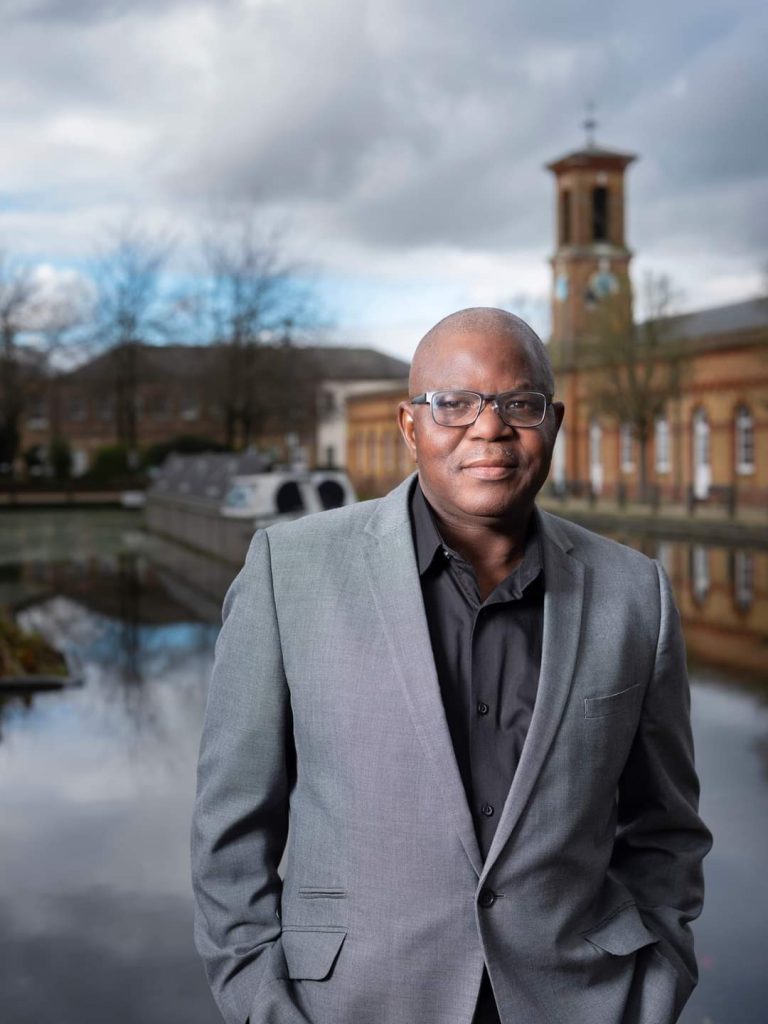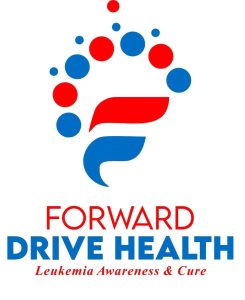David Adeoye Fadipe FCA CGMA MSc (Founder/Director)

I am a chartered accountant by training. I was diagnosed with Acute Myeloid Leukaemia in September 2005 and was immediately admitted into the Barnet Hospital in London.I was treated successfully,and remission followed, but unfortunately the leukaemia relapsed again in 2015. Following the relapse, I was once again admitted to Macmillan Cancer Centre of the University College Hospital and started chemotherapy straight away. Soon after I started treatment, the doctors soon concluded that the only treatment option available to me as a last resort was a bone marrow transplant. This got me worried because from my experience during the first treatment in 2005, I knew there was a perennial shortage of Stem Cell and bone marrow donors among black and ethnic minority groups in the United Kingdom. The stack reality is that like me, most black and ethnic minority groups (BAME)neither donate blood or bone marrows, neither do they donate eggs, embryos, or kidneys for transplant. It was like not in our culture.
This was particularly worrying and emotionally devastating for me as I realised that without transplant, I might not have a second (or third) chance at life! I was concerned by the lack of donors from my ethnic group as donating could make an enormous difference to a patient’s life whether he lives or dies, and all that was required in some cases was a minor disruption to the daily routine of potential donors willing to donate. Fortunately for me, I received an allogeneic hematopoietic stem cells transplants (HSCT) from my brother, which saved my life and gave me another chance at life. But many were not so lucky.
Research carried out in 2009 have shown that the risk for donors of allogeneic HSCT, is generally considered negligible. Allogeneic HSCT has now evolved into an established therapy and expanded to older patients for which I have benefited. Major progress has been made in assessing and reducing the risk in patients with co-morbidities, and with appropriate risk assessment of the transplant procedure.
As it stands currently, BAME donors represents only 16% of the 2.3million donors on the Aligned Registry (2022 figure). This figure is extremely poor, considering that BAME community groups are increasingly being diagnosed with blood related cancer. After leaving hospital in 2016, I decided to volunteer for Cancer Research UK on Health Awareness program. I have authored a book on this subject titled Not Unto Death. I have also done fundraising for Haematology Cancer Care, the UCH Charity. Being so aware of the donor shortage problem, I decided to set up Forward Drive Health CIC so I can pay concentrated attention to help to save lives through blood cancer advocacy and support.





